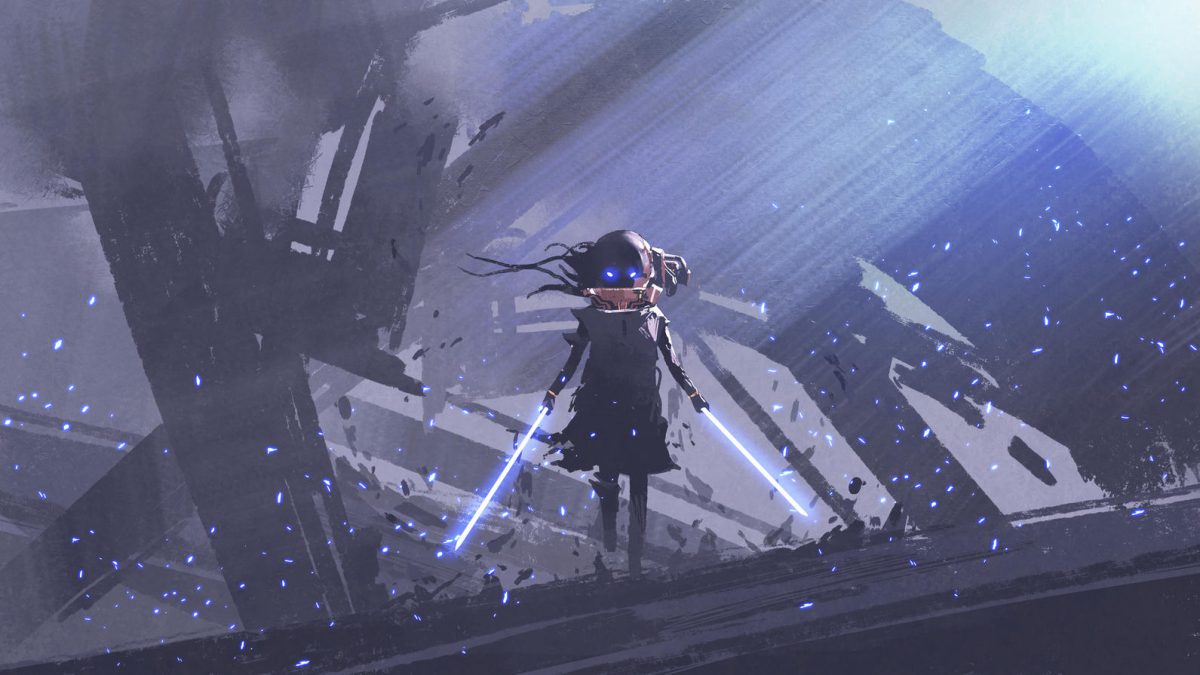Activism
The Forgotten Story of How "Punching Up" Harmed the Science-Fiction/Fantasy World
Drama in the sci-fi/fantasy fandom may not be of great consequence for larger society (though the politicization of culture is a real and spreading problem).

The recent blowup over New York Times editorial board hire Sarah Jeong and her racially charged Twitter trail turned into a brawl over a key question in today’s cultural polemics: Whether derogatory speech about whites should be considered racist and, more generally, whether there is such a thing as anti-white racism. Most of Jeong’s defenders on the left not only argued that she shouldn’t lose her job but insisted that there was nothing particularly wrong with her white-bashing tweets, whether they were meant to mock racist trolls or criticize “white privilege.” “To equate ‘being mean to white people’ with the actual systemic oppression and marginalization of minority groups is a false equivalency,” wrote Vox reporter Aja Romano in a supposedly objective “explainer.”
As the Jeong drama demonstrates, the view that “woke” white-bashing is a harmless, justified, and perhaps even commendable form of “punching up” is now mainstream in liberal/progressive culture in North America (and some other Western countries). And yet another culture-war episode from four years ago—one that, as it happens, Romano also covered in detail—shows that this mindset can cause very real damage.
The defense of “punching up” is a fundamental part of the left-identitarian ideology (also known as “social justice” or “intersectionality”) that has become the quasi-official progressive creed in the 2010s. In this creed, all human interaction is seen primarily through the lens of “power dynamics” and the “oppression/privilege” hierarchy; thus, hostile or demeaning speech is judged by whether the speaker and the target are “privileged” or “marginalized.”





